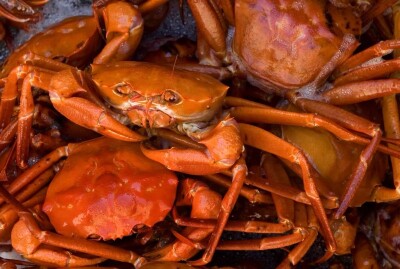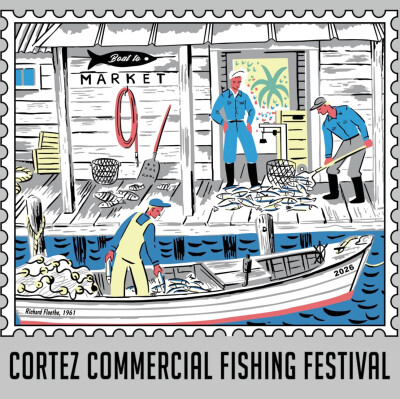When you buy a McDonald’s Filet-O-Fish sandwich, you might notice the little blue label that tells you the fish you’re about to eat is certified as environmentally sustainable. That sounds like good news for the environment, for fish, and for customers. But what the label doesn’t tell you is that Native American communities in Western Alaska are endangered, in part because of the Seattle-based trawl boats that bring you products like McDonald’s famous fish sandwich.
The little blue label is bestowed by the Marine Stewardship Council. Its mission is to promote sustainable fishing practices by certifying fishing industries and their products. The council does that by reviewing catch methods, collateral environmental damage, and more before bestowing its ecolabel. The problem: Trawl boats that are trying to catch pollock, which is the main component of the MSC-approved Filet-O-Fish, also tend to scoop up halibut. Meanwhile, the smaller boats that actually catch halibut and bring it to market are going out of business. Over the past few years, falling catch rates for halibut in the Bering Sea have begun to threaten remote native communities—Yup’ik and Aleut, predominantly—that depend on the fish for both their economies and their food.
Read the full story at Slate >>
Read more about trawlers >>






